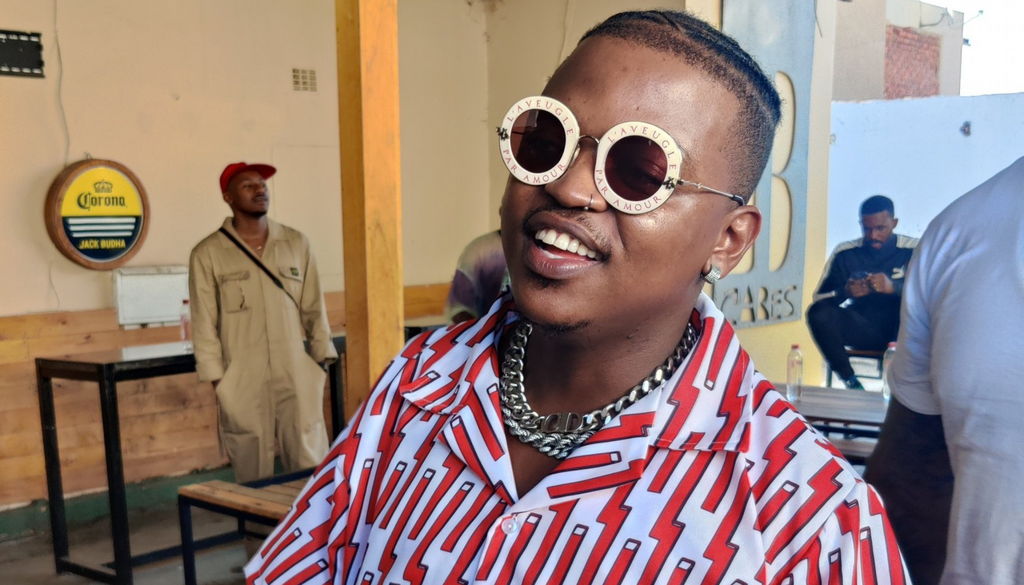Amapiano star Focalistic will never water down music for social media trends
![Lethabo 'Focalistic' Sebetso [YouTube-Focalistic]](https://image.api.sportal365.com/process/smp-images-production/pulse.ng/26072024/3be88b3c-deb0-48e9-9d21-a991066e1d08?operations=autocrop(700:467))
TikTok has become so influential in music promotion these days that artists are now optimising the production of their songs in a bid to trend on the app, but you'll never catch Lethabo 'Focalistic' Sebetso going down that route.
In a recent chat with African content creators for Spotify's Amapiano Tour, the South African music star said he didn't even know about TikTok until about a year ago. He said this has given him room to not think too much about making his music process conform to social media trends that may boost reach.
"Our responsibility as artists is to document life, and never to fall into trends because then your music becomes bubblegum. At the end of the day, we still need the meat.
"So, as much as there's a trend, the song still has to mean something - that's just me. When it gets down to the core, I'm an artist, I'm not a TikTok artist, or Instagram artist," the 26-year-old said.

The Champion Sound star also noted that he doesn't make music to remain relevant in the industry, but to tell meaningful stories that resonate with his fans. He said he's always in the studio just so he can make music that can stand on its own strength.
"I'm an artist telling stories that are super-genuine. Most of my songs are telling different stories," he told the creators drawn from four African countries by Spotify to explore the roots of the Amapiano sound.
The superstar said Amapiano's greatest appeal is its ability to relay strong emotions without using too many words. His commitment to the authenticity of the sound is what informed his most famous slang, "Ase trap tse ke pina tsako kasi" which means, "This is not trap, these are songs from the hood." He explained that it was a declaration of intent to position African sound in the minds of Africans.
"At the time, just being in Africa, you'd see a lot of Hollywood trap on our TV and our radio and I kind of felt like we need to break that down," he said.

)
)
)
)

)
)
)
)
)
)
)
)
)
)